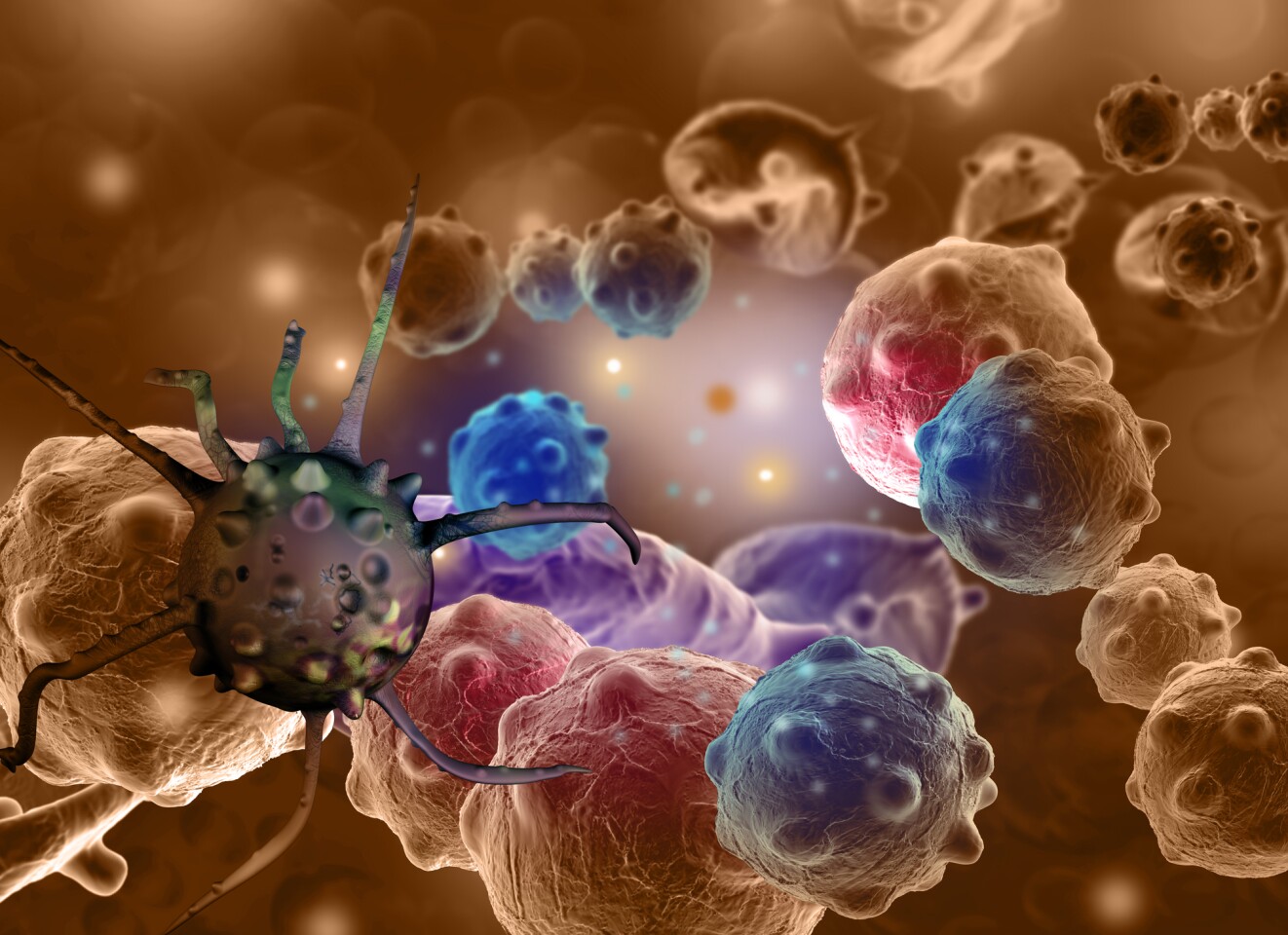
vitanovski/Depositphotos
Leading organic chemists synthesize fungal molecule capable of reactivating the self-destruct gene in aggressive cancer cells. Cancers cells use a special technique to propagate; they delete their ‘programmed death’ gene through mutation, ‘forget’ to die when their lifetime is over, and continue to grow instead. A research team has developed a method through which a fungal compound capable of rearming the self-destruct gene in certain cancer cells can be artificially produced in marketable quantities, providing a potential cancer therapeutic strategy.
All human body cells have a certain lifespan, during which they perform their essential duties...
Read More









Recent Comments